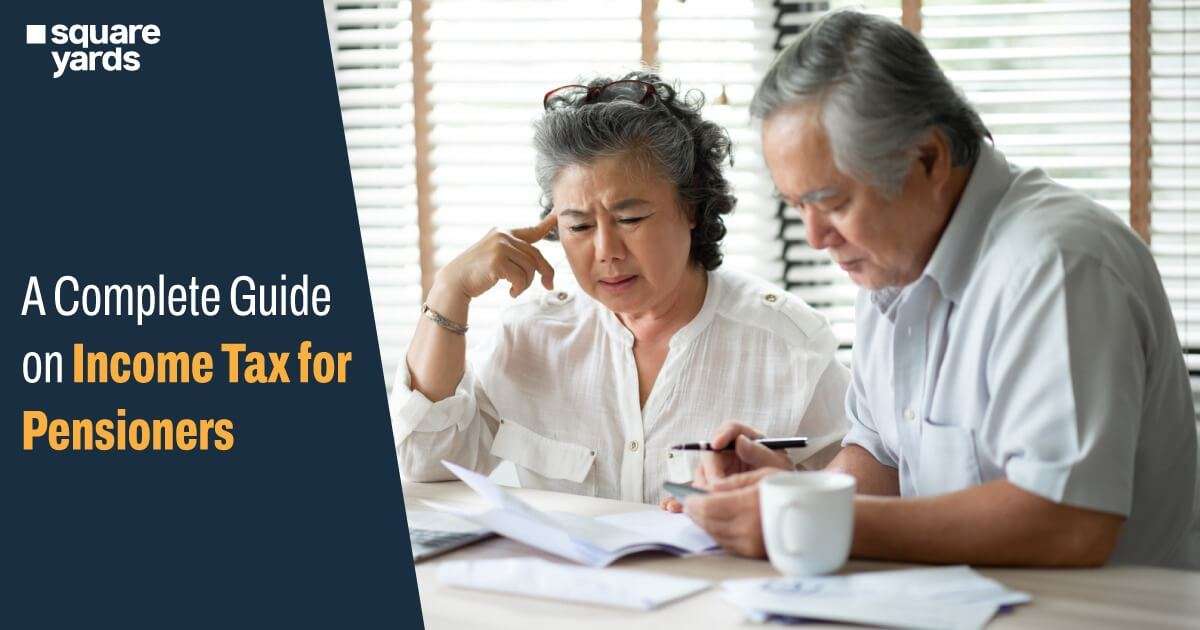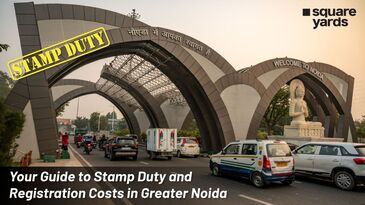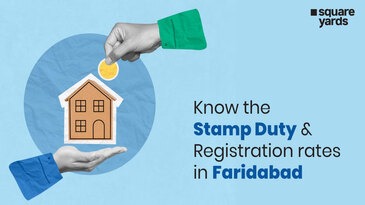The constitution of India has made various legal provisions to facilitate and streamline senior citizens’ living standards and wellness effectively. Senior citizens are those people who come under the age bracket starting from 60 years to 80 years. For them, the common financial support offered by the central government is a pension. Followed by this, additional facilities such as rental income, fixed deposits and savings are also considered. But as other citizens abide by the taxable duties and deductions, tax on pensions is some leniency offered to safeguard their interest.
Here, a senior citizen stands for the pensioners who have retired after their serving period in a job after an age of 60 years. By Income Tax Department, such employees who are in their 60s or below 80 years of age, are eligible to receive privileges on their Income Taxation. In such cases, sources of income such as rentals, fixed deposits, savings and of course pensions are counted. In this case, concessions like Income Tax Deductions on pensioners are a great way to save money in their pocket legally.
Table of contents
Are Pensioners Obliged to File Income Tax Returns?
Availing tax on a pension is a voluntary action that has to be performed from the pensioner’s end. The cumulative amount will include any other source of income such as rentals, interests or more. Considering the above facts, the tax on pension will be decided to depend upon the earning brackets mentioned below (as per Section 80 C to Section 80 U, Income Tax) before claiming the tax deductions:
- INR 2.5 lakhs: pensioner whose age is less than 60 years.
- INR 3 lakhs: prisoners whose age is between 60 to 80 years.
- INR 5 lakhs: pensioner whose age is more than 80 years.
What are the Tax Implications If The Pensioner Themselves Receive the Pension?
To decode the possible tax implications, the pensioners have to acknowledge the category under which they fall:
The Commuted Pension
Suppose a senior citizen is receiving a lump sum or a significant portion of the sum at a time by allowing the rest amount to be withdrawn in instalments. In that case, this is called a commuted pension.
The Uncommuted Pension
Suppose a senior citizen receives the entire pension in instalments with a determined gap, like each month or yearly. However, Income Tax for prisoners makes this category taxable per their golden rule mechanism.
Taxability of Commuted Pension
Interestingly, commuted pensions are non-taxable if the pension paid is to a retired government official or an employee from a defence background.
A private pension imposes a tax on the pension if the whole amount falls into the commuted pension and the person gets the gratuity.
Refer to the below conditions to understand how the taxability works on pension:
- Senior citizens receiving gratuity with the pension will get ⅓ of the non-taxable pension.
- In case of no gratuity is received, ½ of the total pension amount will be non-taxable.
Tax Forms for Pensioners
The Income Tax Department of India has given four classifications for filing individual taxes in general. Among these, two major categories are designed for senior citizens who are receiving pensions that stand below:
Sahaj/ ITR- 1
Sahaj tax forms, also known as ITR 1, are made for pensioners who earn up to INR 50 Lakhs:
- Paychecks from earnings
- Earnings from a pension
- Earning from a rental income
- Earnings from unrelated sources
In case one does not fall into ITR Form 1 condition, then ITR 2 is applied to them. Here, some situations are taken into consideration that confirms the proceedings. Have a glance at the criteria mentioned below:
- Paychecks from salaries
- Earnings from a pension
- Gains from a residential property
- Earnings from unrelated sources
- Gains from capital investments
- Earnings and assets of the foreign land
- Agribusiness revenue above INR 5,000.
Pension Income Should Be Disclosed Under Which Head of Income?
Depending upon whether a pensioner is receiving the pension by themselves or their family is entitled on their behalf clarifies the disclosure of income.
Considering the first condition, disclosed income will display the par earnings in the ITR 1 Form. In this, as the pension is paid by the bank directly, the TDS and TAN are also shown in the same.
In cases where family nominee accepts the pension, after the death of the pensioner, it can be displayed as Income From Other Sources. The cause is that the pension does not accrue because of any service rendered to the person by their family person.
Commuted pension stands for.the total amount of pension accepted by family is treated as an exception from tax.
Uncommuted pension stands for the total amount of. pension received on a set tenure by family members is an exempt minimum of Rs.15,000/- or 1/3rd of the pension amount.
End Thoughts
Income for pensioners has been a great support from the government’s end, whether the kit is central or state. Point to be noted why still the faith in acquiring a job in the public sector has continued. This stabilises the person themselves and safeguards the financial interests of their family members. Hence, if you have not claimed your tax on your pension, secure it ASAP to enjoy future perks with a happy stay.
Frequently Asked Questions (FAQ)
How are pensions taxed?
Tax on pension is applied in case the pensioner has an income of more than INR 50,000 that falls under the Income head “Salaries”.
Is the pension income received from Army taxable?
Pension given to only government officers or defence employees is tax-free, depending upon the income before claiming the same.
Is military pension earned income?
No, the pension paid to the retired military officer is not considered earned income.













































